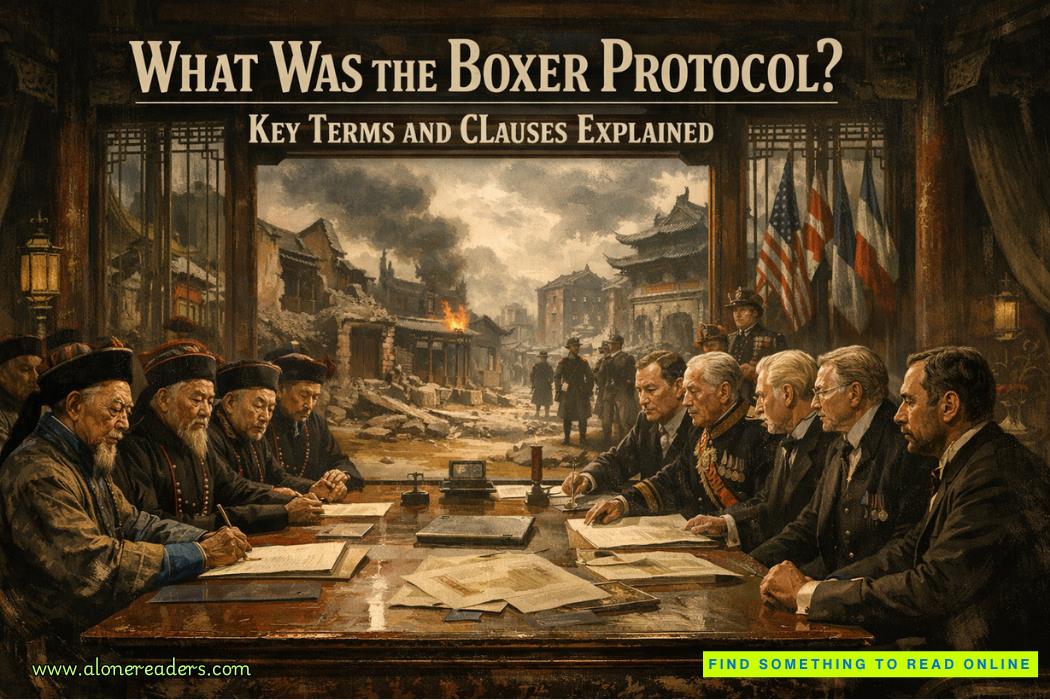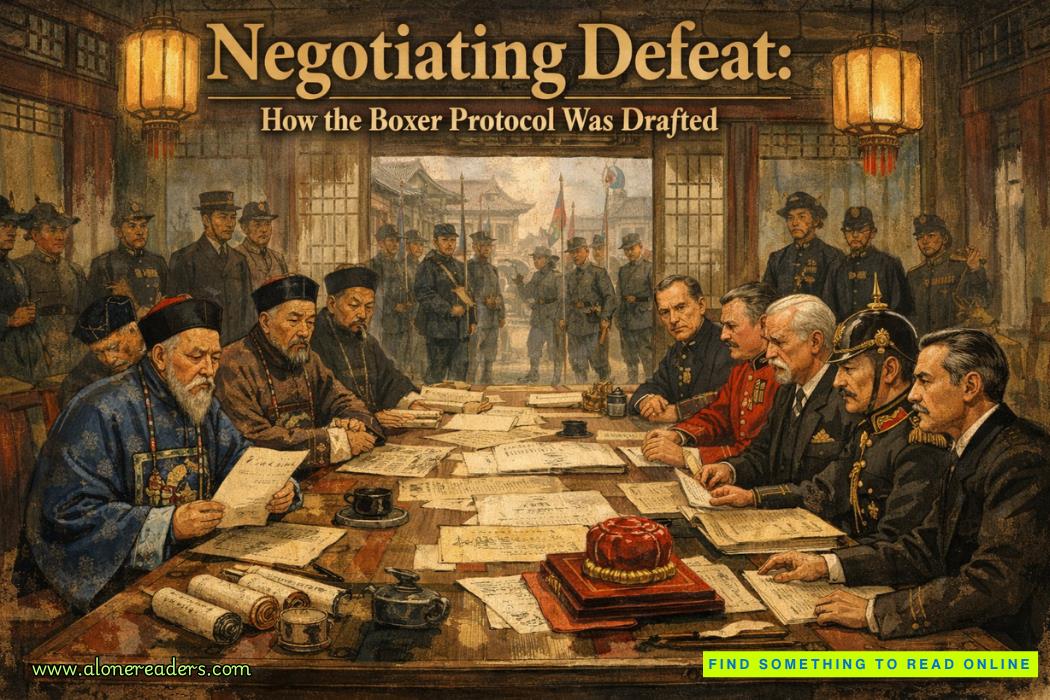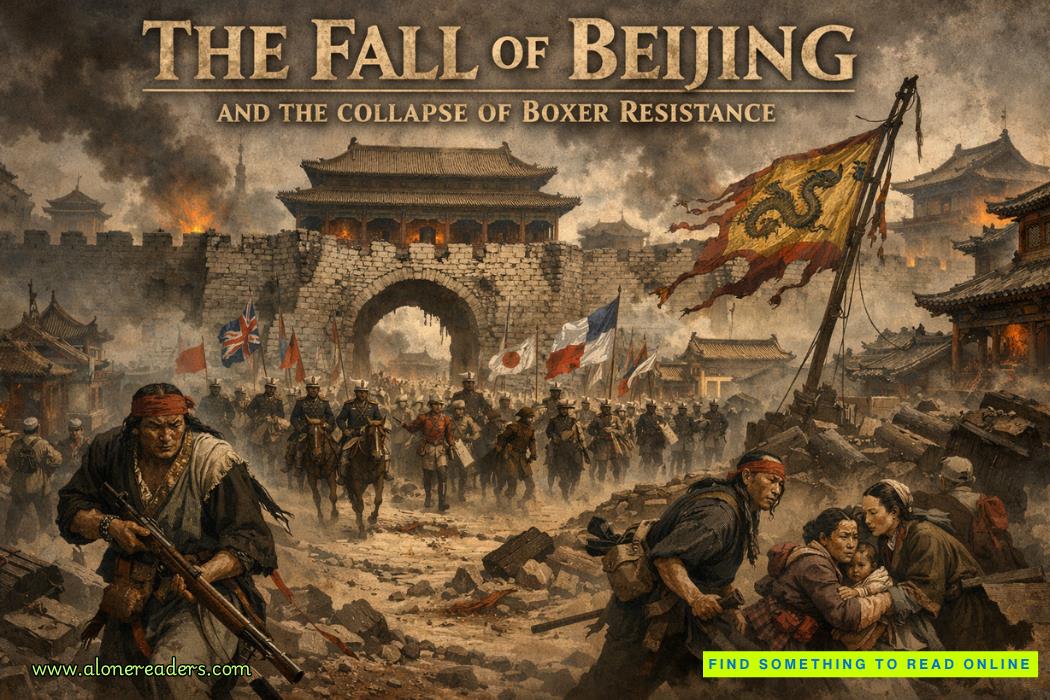“Keep up, won’t you? You’d think you were the one with the bad knee.” Chris threw back the last of his whisky and left the glass upon the flat newel post on the banister at the top of the stairs. One of his staff would be along sooner or later to collect it. “I don’twantone,” he said. But a man had to have one eventually, especially a man in his position. Money opened only so many doors. Respectability was a currency he’d never cultivated.
Life had been so much simpler when he’d been his own man, answerable to no one. But his actions no longer reflected solely upon him, and he owed it to Emma to be the sort of brother she could be proud of. He might never erase the stains of his humble origins, the stink of the sewers in which he’d spent the bulk of his younger years—but a proper wife would open more doors than he could jam the toe of his boot through on his own.
“It’s the way all this is done, isn’t it?” he asked as he cast open the doors leading to the balcony overlooking the garden below. “I haven’t got the bloody time or the inclination to be bothered with the shite your sort thinks is important.” Damned paper-hanging patterns and dinner menus; the tedious, monotonous underpinnings that went along with a grand house and a great deal of money. “Thought I’d marry a woman to sort it for me.” Someone suitably desperate. She’d have to be, to take him.
“There’s more to marriage than that,” Rafe said as he followed Chris out onto the balcony.
“Not for me, there ain’t.” Chris slung down the sack, dropped it at his feet, and thrust his hand inside to retrieve an orange.
“Isn’t,” Rafe corrected absently. “What the devil are you doing with a sack of oranges?”
“Orangery’s lousy with ‘em,” Chris said. In fact, he’d selected this particular house because it had had one. In his younger days, when he hadn’t had so much as a brass farthing, he’d seenstreet sellers hawking them. Had imagined the taste of the vivid fruit, bright as the sun. Had stolen more than a few, and gobbled down the sweet, tart flesh.
It hadn’t been nearly as satisfying as he’d imagined, but it had represented the sort of life he’d longed to have. One of luxury and excess; the indulgence of such fruits even in winter. So he’d insisted upon the damned orangery, and now they were the bane of his existence, the overabundance of them. Mostly he sent them on to Emma’s; a treat for the children.
But on Tuesdays—
“Here,” he said, tossing the orange to Rafe and selecting a new one for himself. “Tuesdays are at-home days.”
“I beg your pardon?”
“Thought I’d have a bit of fun. Just wait.” He nodded toward the house on the right, the garden separated from his by a high stone wall. A wall that would have, had they been one floor lower, thoroughly obstructed their view. But the view from the balcony was perfect, and they could clearly see down into the garden of the adjacent house, where a stone path meandered through a few hedges, through a wash of striated pink and white roses in full bloom.
And it wasTuesday. Chris braced himself upon the banister and waited. Already the breeze tossed flickers of distant voices in his direction, wafting to his ears in indistinct snatches of sound.
“Whose house is that?” Rafe asked, his gaze sharpening as he stared in the direction from whence the voices had come.
“Shh,” Chris chided. “They’ll hear you.” The breeze shivered through the trees, the rustling of leaves deafening the voices for a few moments. A flash of pastel blue caught his eye past the bobbing white and pink roses, a sliver of skirt proceeding down the path toward the wall. At last a woman came into view in the company of a gentleman, and Rafe drew in a surprised breath.
“Is that Phoebe?” Rafe asked, pitching his voice low. “GoodLord. I had no idea you were living next door to the Toogoods.”
“They moved in perhaps a month ago,” Chris said. “Heard the servants giving fervent thanks they’d not have quite so many rooms to clean going forward.” Probably the family had not known who, exactly, their new neighbor had been, or they’d have had second thoughts.
“Well, with seven of their children married and out of the house, I suspect they don’t require quite so many bedchambers any longer. The lease on a house the size of their former abode must have been monstrous.”
“Seven children?” Chris echoed incredulously. “Seven?”
“Eight, all told. Seven daughters, one son. Phoebe’s the last of them left unmarried.”
Chris made a disdainful sound at the back of his throat. “Of course,” he said. “Your sort has got to produce a son, after all. Even if it requires seven girls to get to a boy.”
Rafe snickered. “In fact, Laurence is their firstborn. The seven sisters followed.”
Good God. Chris nodded his head to indicate the woman in the garden. Phoebe. “Which is she?” he asked.
“I’m not certain,” Rafe said. “Second, perhaps third. Probably she’s been through at least as many Seasons as Diana. Never quite took.”
Chris had known the woman was one of Emma’s intimates, but she’d been the daughter of a good family, and so he had never paid much attention to her. He’d recognized her, of course, on the first afternoon he’d seen her walking in the garden. His sister’s little blond friend, the one who’d been at her wedding. The one whose enormous family—though he had not, at the time, known exactlyhowenormous—had all come together to help save him and Rafe from the threat of hanging some months ago.
Absently, he rubbed his aching knee. “Who’s the bloke she’swith?” he asked.
Rafe squinted. “Statham, I believe,” he said.
Statham. The name had a certain vague familiarity to it, though Chris couldn’t quite place it.
“He’s made it known he’s looking for a wife this Season,” Rafe added.
Well, that wouldn’t do. For reasons unknowable, it had become quite clear in the past few weeks that the poor woman suffered her male callers with no small amount of exasperation. She did not want to marry any of them, and that—that made the two of them kindred spirits.















